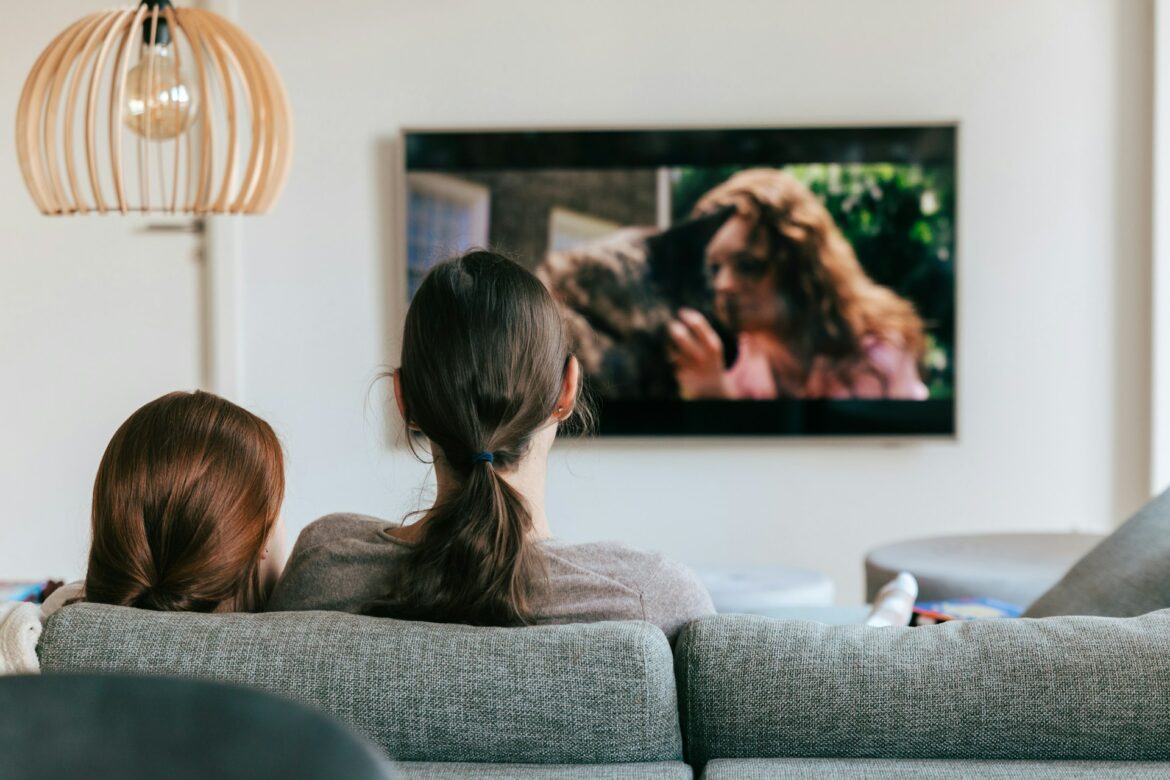In the age of the internet, watching TV shows has evolved from passive entertainment to an interactive, communal experience. Fans no longer simply consume content; they analyze, discuss, and predict plot twists, often sharing their theories online. This phenomenon has fundamentally changed how we engage with our favorite series, adding a new layer of excitement and involvement. As fan theories become more prevalent and influential, they are reshaping the landscape of television consumption in ways that keep viewers more engaged than ever before.
The Rise of Fan Theories: Transforming TV Show Engagement
Over the past decade, the rise of fan theories has significantly transformed the way audiences interact with television shows. Social media platforms like Reddit, Twitter, and TikTok enable fans to share their predictions and interpretations instantaneously, creating vibrant communities centered around specific series. This collective speculation generates buzz and anticipation for upcoming episodes, turning viewers into active participants rather than passive viewers. Theories often focus on hidden clues, character motivations, or possible plot developments, which encourages viewers to pay closer attention to details they might have overlooked before.
Moreover, television creators have begun to acknowledge and even incorporate fan theories into their storytelling. Some showrunners use theories as inspiration for future plotlines or even drop hints to guide speculation in certain directions. This interplay between creators and viewers blurs the line between production and consumption, making fans feel more invested in the show’s outcome. The shared experience of piecing together mysteries or predicting twists fosters a sense of community and shared ownership over the show’s narrative, elevating engagement from mere entertainment to a collaborative experience.
Finally, fan theories add an element of excitement and unpredictability to TV viewing. As theories circulate rapidly, they often influence how viewers interpret episodes, leading to discussions that extend beyond the show itself. Whether the theories turn out to be correct or wildly off-base, the act of speculation heightens emotional investment and anticipation. This communal sense of mystery and discovery keeps viewers eager for each new episode, transforming TV watching from a solitary activity into an interactive, social event driven by collective curiosity and creativity.
How Community Speculation Shapes Our Viewing Experiences
Community speculation has a profound impact on how viewers experience television shows. Engaging in fan discussions creates a shared language and set of expectations that shape how audiences interpret new episodes. When fans collectively hypothesize about character arcs or plot twists, it adds layers of meaning that can influence individual perceptions. For example, a viewer might re-watch scenes with a new perspective based on popular theories, noticing subtle clues they previously missed. This shared analytical approach deepens the viewing experience, making it more immersive and intellectually stimulating.
Furthermore, community discussions foster a sense of belonging among fans, turning solitary viewing into a social activity. Online forums, live-tweeting, and watch parties allow fans to bond over their theories, reactions, and predictions. These interactions generate a collective energy that amplifies the emotional stakes of the show. When a theory is confirmed or debunked, it sparks lively debates, shared excitement, and sometimes even creative fan content like artwork or memes. This communal engagement often extends the show’s relevance beyond its airing schedule, keeping conversations alive long after episodes air.
Finally, the influence of community speculation can also impact how creators craft their shows. Knowing that fans are dissecting every detail, writers often insert subtle clues or red herrings to keep theories alive and the audience guessing. This dynamic creates a feedback loop where viewer speculation and creative storytelling feed into each other, elevating the complexity and richness of TV narratives. As a result, watching TV has become an active, participatory ritual—one where fans collaborate to unravel mysteries, predict endings, and ultimately, shape the cultural conversation surrounding their favorite series.

